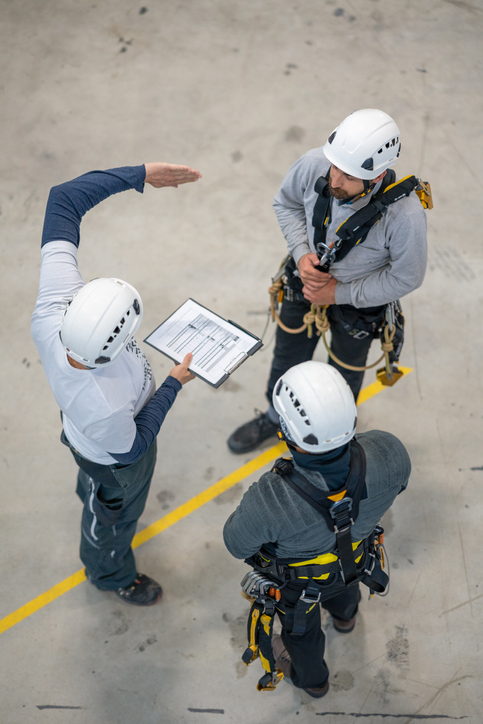
By Donna Laquidara-Carr, Ph.D., LEED AP
New research conducted by Dodge Construction Network for Newforma reveals increased challenges in managing project information among architects, but it also reveals that they are more deeply engaged in planning out their future investments to help tackle those challenges.
The research, published by Newforma in Finding Common Ground: The Future of Project Information Management, asked architects about their experiences with and strategies for managing project information. The online study is the second in a series on this topic, and the findings reveal two particularly notable changes since 2021.
Finding the Right Information Is Increasingly Challenging for Architects
In the current study, 28% of architects ranked “finding information needed to make informed decisions” as their top challenge, putting it at the top of the list. In 2021, 15% of architects ranked this factor first, while 32% chose “administrative time spent managing project information.” It is notable that in 2022 the phrasing of the latter changed to “manual administrative time spent entering data across systems,” and the more precise language may have decreased the number who selected it. The change in wording does not diminish the growth in those who felt that “finding information needed to make informed decisions” was the biggest challenge. After all, in 2021, the share who selected the challenge of finding information was also much smaller than the share who ranked “collaborating with people outside of my organization” as their top challenge, which stayed consistent at 24% between 2021 and 2022.
These findings are important because they demonstrate the importance of having a strategy to manage project information as an overall part of a company’s digital transformation. The use of new digital tools provides access to large amounts of data, but that data is only helpful if it is easy to access in a timely fashion. Clearly, architects continue to struggle with making sure they have access to the data they need.
Architects were asked about the impacts of the challenges they experience in managing project information. Nearly two thirds (65%) report a decrease in productivity, and around half report that information is not getting to the team members who need it in a timely fashion (57%) and that they do not have a complete picture of the project to make informed decisions (48%). Notably, while their responses to the challenges they face have changed since 2021, the impacts they are experiencing remain consistent. Too many are finding that they lack the data they need, and that their project teams are struggling to get data when they need it.
Having an Information Management Strategy
On the positive side, the study also shows that architecture firms are trying to tackle these challenges. Nearly half (44%) report that their company has a project information management strategy for storing, accessing, and sharing data that will drive their future technology initiatives for the next three years. This is up from just 33% in 2021, and the striking growth in those who have a strategy in place is encouraging. Most cite the ability to access information from anywhere and to collaborate with external team members, along with security considerations, as the main considerations of a comprehensive project information strategy, suggesting that they are interested in directly tackling these challenges.
Growth in this area is necessary, however, since over half still do not have the information strategy they need. The study shows that architects plan to invest in technologies like collaborative technical environments, support for remote working, and automated, digital workflows. To maximize the benefits of these technologies, they will benefit from having a strategy in place to manage how information is managed and shared.
These are just a few highlights of the data found in the study. Newforma’s white paper detailing all the major findings can be found here.